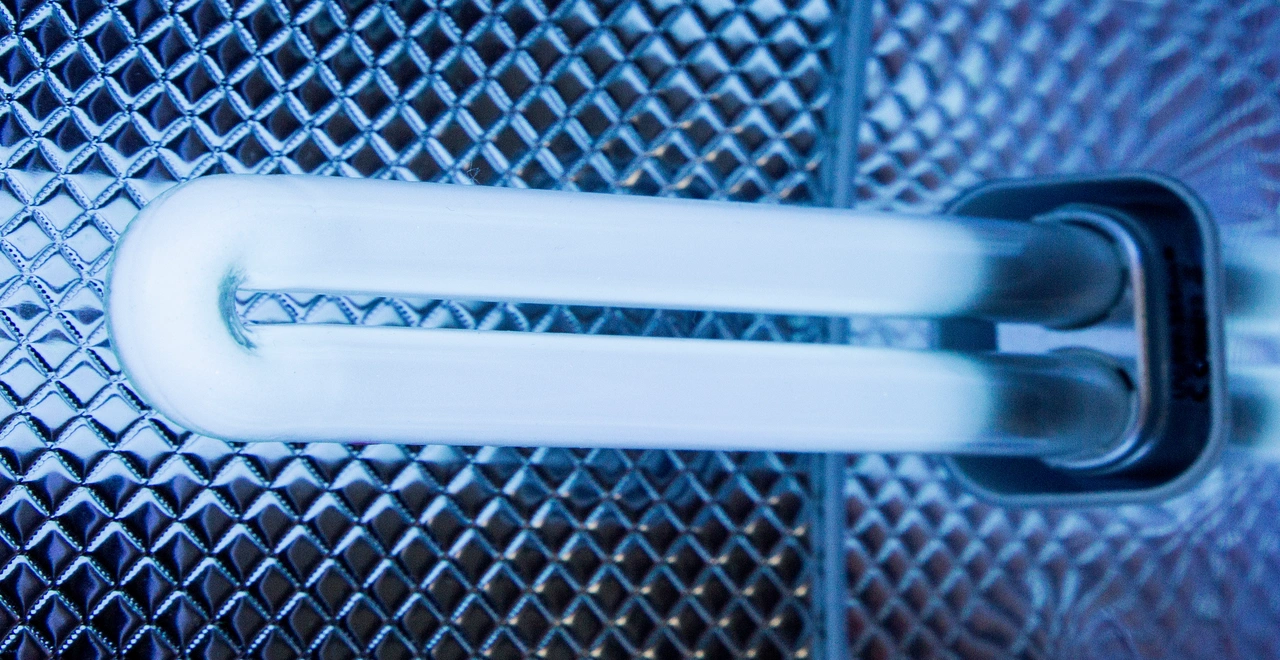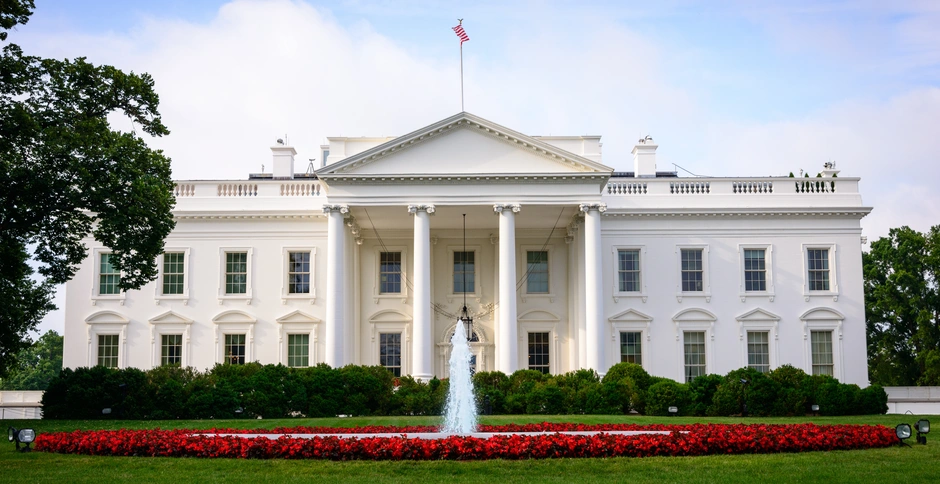
UV light for HVAC: Why Air Sterilization Is the Better Option
Air sterilization is a better option than UV light for HVAC systems. Discover why air sterilization is the best way to improve your indoor air quality.
Current trends are pushing the temporary tent industry in new directions. As a result, temporary tent structures are advancing to meet the changing needs of various industries, including providing better air quality in large, temporary spaces. This means more businesses are opting for temporary tents because of their versatility, low maintenance, ease of transportation — and of course, their affordability. The future is looking bright for this industry — and with COVID-19 restrictions still in place — providing sufficient ventilation is going to be a must for relying on non-permanent structures.
The temporary tent business is one of many that saw increased demand following the beginning of the COVID-19 pandemic. These portable structures are now being used more frequently for COVID-19 testing and vaccination sites, natural disaster shelters, and military shelters — a far cry from before the pandemic, where temporary tents were traditionally limited to events, weddings, and parties. Even the construction and warehouse industries are taking advantage of temporary tent structures because of their quick turnaround times and customizable features. With ease of transportation, affordability, and the option to equip tents with heating and cooling systems, temporary tent structures offer a quick and easy way to provide protective shelter for any kind of event or project, regardless of outdoor conditions.
Businesses are experiencing a significant recovery from COVID-19, forcing the need to quickly adapt to new industry trends. Previously, air quality was never an obstacle for people gathering in temporary spaces. We naturally assumed that as long as a structure is outdoors and the airflow has a direct path outside, the air quality could not be compromised. However, we now know this isn’t always the case.
That’s why temporary tent businesses have been investing in air filtration systems to minimize the spread of COVID-19 and other airborne pathogens. While this is certainly a step in the right direction, it’s important to understand that not all air filtration systems are created equal, and some lack the capability to provide adequate protection.
Currently, if a tent contains air filtration, it is typically substandard and does not provide true military-grade protection. Popular air filtration systems like HEPA boast up to 99.7% effectiveness in killing airborne pathogens, but that doesn’t account for large industrial shelters or for how long these systems can be effective before needing maintenance or replacing a filter. What’s more, because filters merely trap pathogens instead of killing them, they risk becoming hazardous waste products, posing undue risks to humans.
SteriSpace’s military-grade technology can provide complete protection against the spread of airborne pathogens in temporary tents while standing up to extreme environments. Whether you’re traveling down the street or across the country, SteriSpace is a low-maintenance, dependable technology, built to withstand difficult travel conditions. Armed with a programmable controller and continuous performance monitoring, SteriSpace consistently runs at peak performance for the best air purification experience possible.
Have questions about how SteriSpace can integrate with your temporary tent structure? Reach out to our Air Sterilization Specialists and schedule a meeting virtually or in person.

Air sterilization is a better option than UV light for HVAC systems. Discover why air sterilization is the best way to improve your indoor air quality.

A building’s indoor air quality and cleanliness matter. Click here for a guide to understanding the purpose of the Clean Air in Buildings Challenge.

Breathing in fresh, clean air is like a secret potion for our well-being and joyous existence.